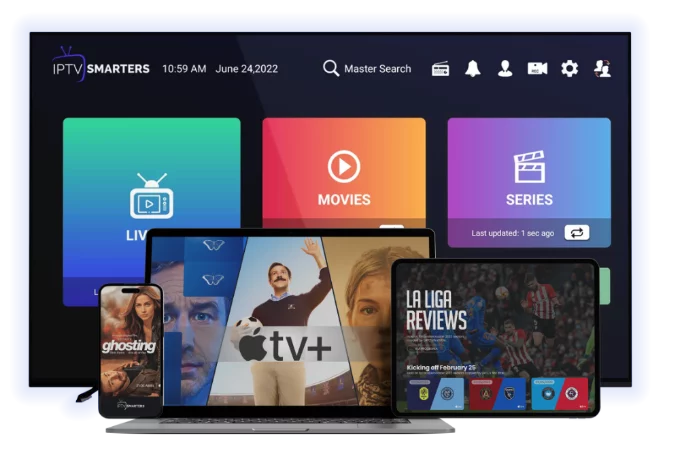IPTV Vs Cable Tv iptvfree24
February 12, 2026
1. Introduction
Content goes here. Edit this file to add your blog content.
2. Main Content
Add your detailed content here.
3. Conclusion
Conclude your blog post here.
Content goes here. Edit this file to add your blog content.
2. Main Content
Add your detailed content here.
3. Conclusion
Conclude your blog post here.
